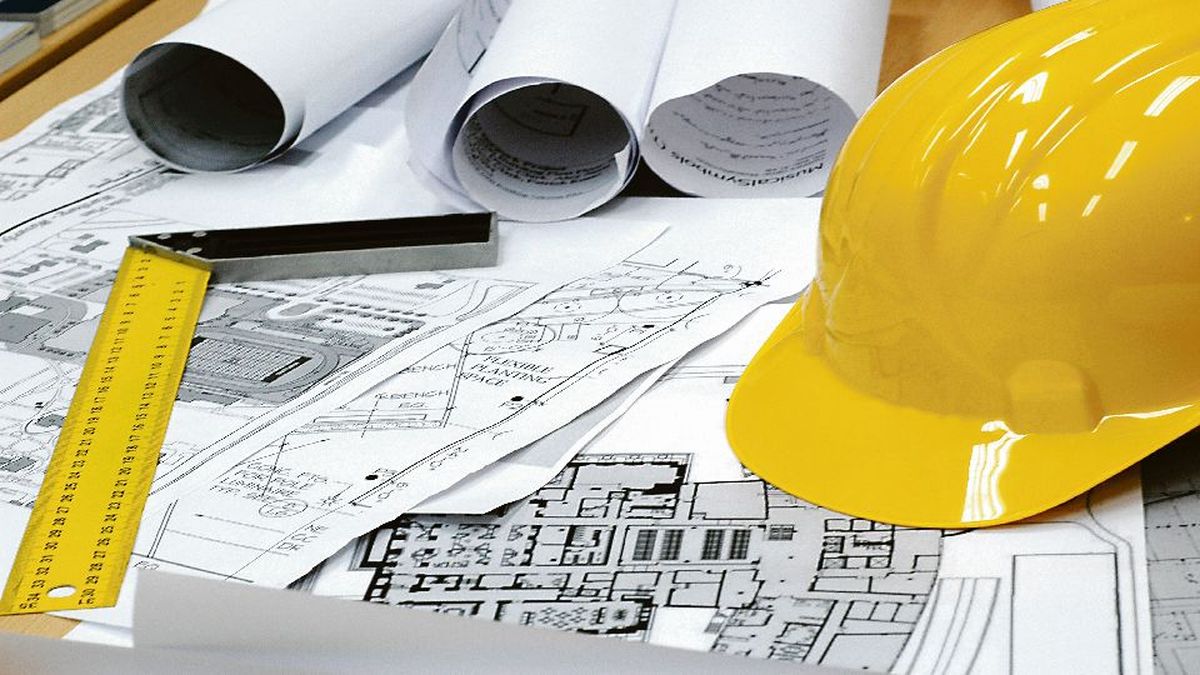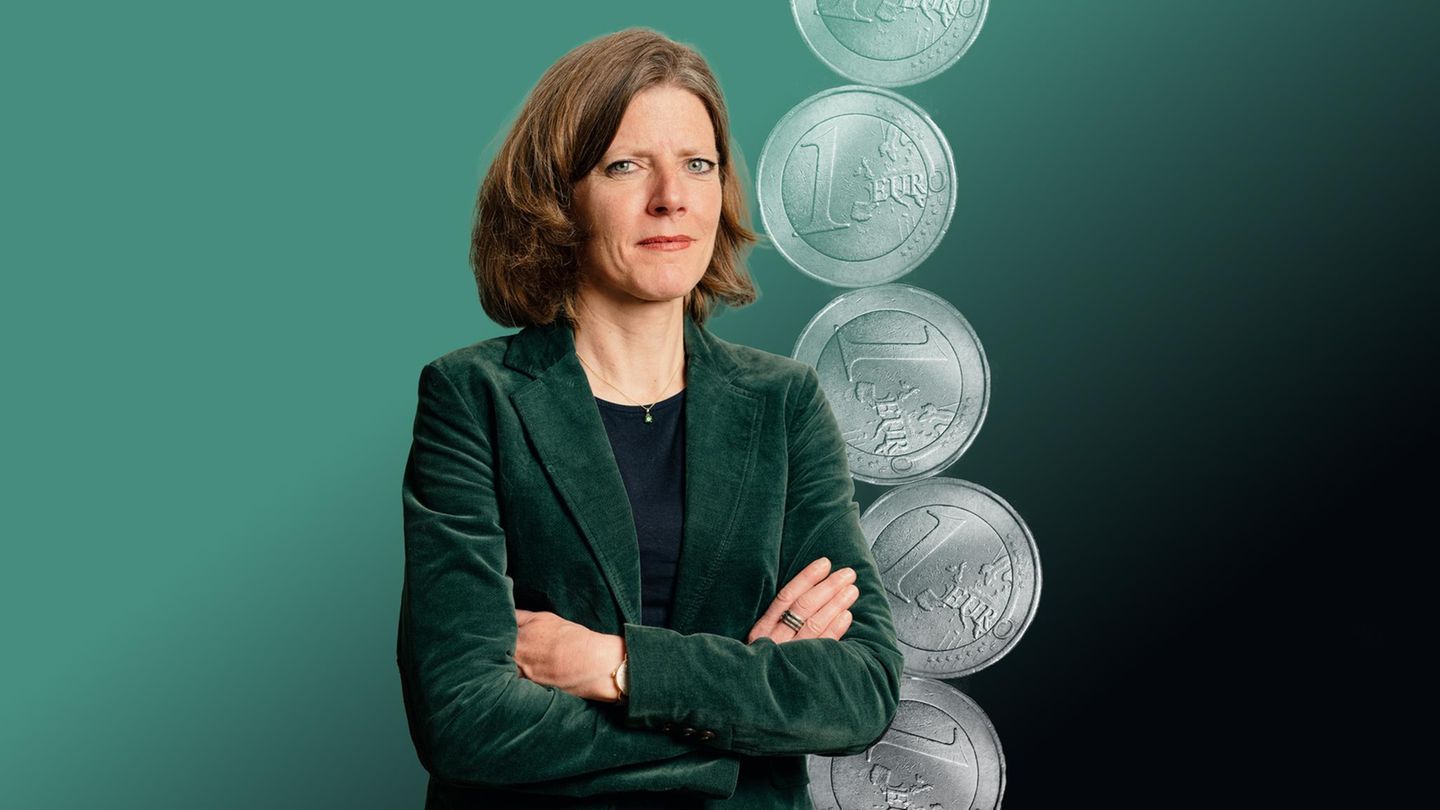In this sense, the entity advocated that “this recovery process be consolidated”, and remarked that that is why the producers are “attentive to make our contribution in the analysis that allows to have public policies that stimulate the construction of houses, both in the private plan as well as state plans, in addition to promoting tax incentives, and developing mortgage credit lines at appropriate rates so that more families can access a decent and lasting home ”.
The Cicer is made up of 15 companies with national capital that produce industrial bricks with energy efficiency, a sector that has a 90% participation in the construction of houses.
“In recent years we have invested more than US $ 100 million, bring innovation, development and technology to generate formal and direct employment for 3,000 people in five provinces of the country, ”the entity stressed.
He gave as an example that “the DM20 thermo-efficient brick has achieved a new standard by being recommended by the National Housing Secretariat and complying with the most demanding legislation on energy matters in the country, such as the Law 13.059 of the Province of Buenos Aires”.
The chamber emphasized that “these new hollow bricks generate envelopes that allow saving up to 40% on the gas rate and electricity for a home, by reducing consumption in heating and air conditioning, preserving other recognized qualities such as its useful life of more than 100 years, resistance, with practically zero maintenance ”.
“Without a doubt, the effects of the pandemic were also experienced in our sector, but with great effort we maintained employability and we accompany to the value chain, despite the rise in costs that we have suffered in sensitive areas such as energy, so we trust that sustained growth can be articulated for all actors, with a long-term vision ”, the Cicer remarked.
He also stressed that “the brick industry in Argentina has been evolving hand in hand with science and technology, generating good practices for caring for the environment according to the highest international standards”.
According to the latest Synthetic Indicator of Construction Activity (ISAC) prepared by the National Institute of Statistics and Censuses (Indec), the consumption of hollow bricks registered a 51.6% increase in the period between January and August of this year, with respect to the same period of 2020, above the average of all the items surveyed in the sector, which was 48.1%.
The companies grouped in the Chamber have an installed capacity of approximately 500,000 tons of bricks per month.
Due to the dynamics of the activity, in addition to direct employment, some 30,000 indirect jobs are generated, with a strong economic and social implication, both at the level of SMEs and personal ventures throughout the country.
The companies associated with Cicer have their production plants located in the provinces of Buenos Aires (Pilar, La Plata, Campana, Quilmes, Fátima, Isidro Casanova, Spegazzini, Olavarría, Mar del Plata), Santa Fe, Mendoza, Córdoba, Río Negro and Salta.
David William is a talented author who has made a name for himself in the world of writing. He is a professional author who writes on a wide range of topics, from general interest to opinion news. David is currently working as a writer at 24 hours worlds where he brings his unique perspective and in-depth research to his articles, making them both informative and engaging.




